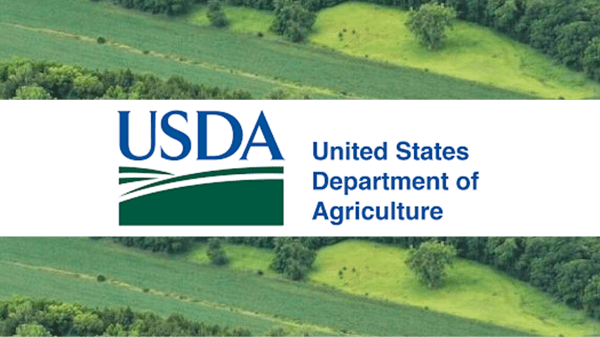WASHINGTON, Aug. 22, 2024 — The U.S. Department of Agriculture (USDA) today announced it is awarding $82.3 million to 65 recipients to enhance the competitiveness of specialty crops—including fruits, vegetables, tree nuts, and nursery crops—and support the industry’s producers. The funding is being awarded through USDA’s Specialty Crop Block Grant Program (SCBGP) and the Specialty Crop Multi-State Grant (SCMP) Program.
From market development to consumer education to research, these programs expand markets and increase competitiveness of the specialty crop industry and increase access to specialty crops for consumers. The Specialty Crop Block Grant and Specialty Crop Multi-State programs are funded by the 2018 Farm Bill and administered by USDA’s Agricultural Marketing Service (AMS).
“This funding will strengthen U.S. specialty crop production and markets and ensure Americans have sustained access to fresh, locally grown fruits, vegetables, tree nuts and more,” said USDA Under Secretary for Marketing and Regulatory Programs Jenny Lester Moffitt. “These programs are furthering USDA’s and the Biden-Harris Administration’s efforts to build a more resilient food system, one where producers and consumers have more, new and better market opportunities, which helps farmers and their communities prosper.”
Through the Specialty Crop Block Grant Program, USDA is awarding $72.9 million to 54 states and territories to support specialty crop growers through marketing, education, and research. The states and territories use the funding to provide subawards to projects that focus on areas such as investing in food safety, research on conservation and environmental outcomes, developing new and improved seed varieties, and pest and disease management. To date, USDA has invested over $1 billion to more than 12,400 projects through this program.
Additionally, $9.4 million is being awarded to 11 projects through the Specialty Crop Multi-State Program. The program funds collaborative multi-state partnerships to enhance the competitiveness of specialty crops. Specialty Crop Multi-State grants address regional or national level specialty crop issues through research, crop-specific projects addressing common issues, and marketing and promotion. Since 2015, this program has awarded over $29 million to 40 projects across the country.
Examples of Funded Projects:
- Specialty Crop Block Grant: The Nevada Department of Agriculture, National Association of State Departments of Agriculture (NASDA), and Union Kitchen will partner to develop the Farm2Food Accelerator, a 15-week program helps the state’s female specialty crop producers and food entrepreneurs grow their value-added businesses into new statewide and regional markets.
- Specialty Crop Block Grant: The Michigan Asparagus Advisory Board will promote the consumption of Michigan-grown asparagus, through in-store promotion programs, educational opportunities, and digital marketing to target consumers grocery shopping both in-store and online.
- Specialty Crop Multi-State Grant: Oregon State University, University of California Davis, Kelp Line LLC, and University of Alaska Fairbanks will work collaboratively to conduct research, development, and outreach to develop Pacific dulse seaweed as a sustainable, nutritious specialty crop.
More information on the SCBGP projects is included in the individual press releases for each state and territory. The press releases for SCBGP can be viewed on the SCBGP 2024 Grant Awards webpage.
AMS administers programs that create domestic and international marketing opportunities for U.S. producers of food, fiber, and specialty crops. AMS also provides the agriculture industry with valuable services to ensure the quality and availability of wholesome food for consumers across the country and globally. AMS services and its significant grant investments create opportunities by supporting American farmers, ranchers and businesses across the supply chain, and drive economic development in small towns and rural communities.
USDA touches the lives of all Americans each day in so many positive ways. In the Biden-Harris Administration, USDA is transforming America’s food system with a greater focus on more resilient local and regional food production, fairer markets for all producers, ensuring access to safe, healthy and nutritious food in all communities, building new markets and streams of income for farmers and producers using climate smart food and forestry practices, making historic investments in infrastructure and clean energy capabilities in rural America, and committing to equity across the Department by removing systemic barriers and building a workforce more representative of America. To learn more, visit www.usda.gov.



